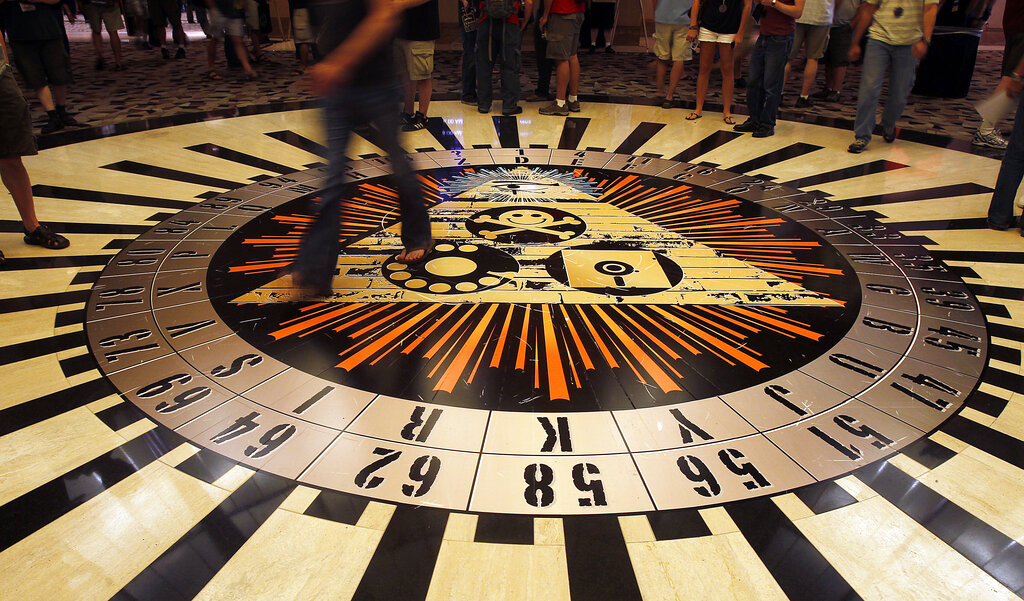The year 2021 was the most prolific yet for cybercriminals, with almost 19 billion data thefts having been registered in the first half of the year alone, cybersecurity company Eset has revealed.
A study published last year estimated the cost of identity fraud and associated financial losses had reached a record $56 billion in 2020 as the pandemic brought with it a wave of unlawful online activity.
In light of this, Eset experts have compiled a list of bad habits often practiced by internet users, hoping to encourage better cyber ‘hygiene’ in 2022.
Outdated software
According to Eset, the first mistake internet users frequently make is to use outdated software, which gives cybercriminals an advantage in attacking vulnerable devices. Data for 2020 showed that cyber attacks on outdated software led to 18,100 cases of hacking, more than 50 incidents a day.
Poor password hygiene
Another issue reported by experts related to “poor password hygiene.” Eset warned that with the sheer volume of passwords internet users must remember in today’s society — around 100 on average — users tend to act more carelessly. Users frequently re-use the same password for multiple accounts, giving cybercriminals a huge advantage, and many users continue to use already compromised passwords for other accounts. To prevent this, Eset recommended both more careful password management and two-factor authentication.
Careless use of public WiFi
Another frequent mistake internet users will make is the liberal use of public Wi-Fi networks, which are generally less secure than corporate or home networks.
“Hackers can use these networks to spy on how you use the internet, access your accounts, and steal your identity. To stay safe, try to avoid these public hotspots altogether. If you have to use them, don’t log in to any important account while you’re signed in,” Eset experts warned.
According to Eset’s European Cybersecurity Index, Portugal, Lithuania and Slovakia have the best scores in Europe, with Romania at the bottom of the list, just below France and Austria.






